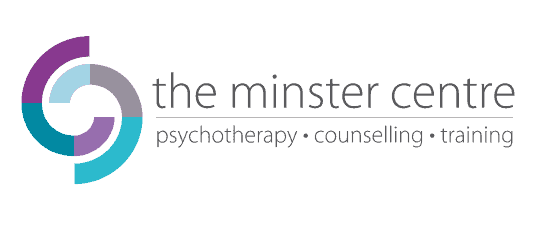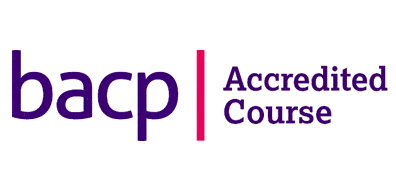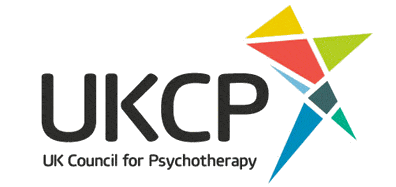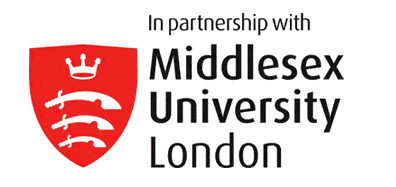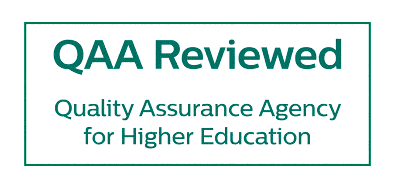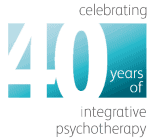FAQs
Application Enquiries
We accept applications from November onwards. Please refer to the website for dates of our upcoming open events. Early applications are recommended, so please make sure you don’t leave your submission to the last minute to avoid disappointment.
It is always worth contacting our Admissions team to see if we have places still available, even if you have missed the deadline.
No, our Introduction to Counselling Skills course is open for everybody and it is a taster for gaining some experience before you commit to training with us. It is a 30 hour course.
Yes, we accept applicants who have completed a Foundation course elsewhere which is equivalent to ours. It must consist of at least 90 hours of contact hours covering theory and skills. You must have also undertaken 20 hours of one to one personal psychotherapy within the year prior to your application.
Your application will be reviewed and if it passes this initial screening, you will be invited for an interview. You will be interviewed by one senior member of staff if applying for the Foundation year and two if you are applying for professional training or an MA/PG Dip. If you are accepted, you will be sent a contract to confirm your place on the course within ten working days. We require a non-refundable £700 deposit to secure your place. Your application is complete once we have received both of your references.
The purpose of the interview is for the tutors to assess your suitability for the course and, for professional training courses, to become a counsellor or psychotherapist. It is also an opportunity for you to ask any questions you may have regarding the training. Please be prepared to elaborate on anything you may have included in your application. The interview will be in depth and will explore your capacity for self-awareness and self-reflection as well as your academic abilities. It is important that we are sure that you are sufficiently robust emotionally to undertake the training so it will be searching.
General Training Enquiries
These are the two main professional registering bodies for counsellors and psychotherapists in the UK. Our Diploma in Counselling is accredited by BACP and our Advanced Diploma/MA is accredited by UKCP. If you are applying for a job as a psychotherapist or counsellor, adverts usually ask for someone who is BACP or UKCP registered.
It could take at least four to five years. If you haven’t done any training in counselling/psychotherapy before, you will need to start with the Foundation certificate course.
Fees may be paid in full at the start of the year, termly in advance, or by monthly standing order. Individual module costs can be calculated separately, enabling students to spread costs if they are re-scheduling training.
Yes, the Minster Centre library contains core texts and a wide selection of relevant books, an archive of journals, and eight current journals (Therapy Today, New Psychotherapist, International Journal of Psychotherapy, Counselling and Psychotherapy Research, Journal of Humanistic Psychology, Existential Analysis, Self and Society, and the British Gestalt Journal), an online library catalogue and access to online resources including PEP Web.
Please refer to the ‘Find a therapist’ section on our website and the list of therapists on the UKCP website (www.psychotherapy.org.uk). Students’ psychotherapy should be with a qualified and experienced, UKCP-registered practitioner, and normally not a Minster Centre member of staff. If you are choosing a new therapist when starting here as a student, please choose your therapist from outside the Minster Centre staff. Should a new student already be in therapy with a practitioner accredited by another professional body such as the BACP, BCP or BPS, rather than the UKCP, it may be possible to remain with this practitioner, at least during the first year of your joining the course; and the final decision on this will rest with the Director of Training.
We aim to have around 12 students in most class from Foundation to Finalist year. Clinical Supervision is usually in groups of 4 (3-5).
Experiential Training Group. The ETG is the main forum for personal development (aside from your personal therapy). We are looking for a willingness to explore your issues, to take some risks, to support others’ work and to make use of feedback.
The responsibility for arranging the placement lies primarily with the student, but in most cases, we are able to refer 'training clients' to our students via the MCPCS, our affordable therapy service. We also have a database of potential placements which students can access via the Placements Coordinator. Students are encouraged to discuss possible placements with Minster Centre tutors and supervisors and consult with other students and/or other personal contacts. Students should be aware that the placement will usually be on an unpaid basis.
Most students start seeing clients in their second year of professional training. Most of our students see their long-term training clients through the MCPCS, our affordable therapy service. The MCPCS will assess the clients’ suitability before allocating to a student. Clients are also seen in external placements.
Students on our MA courses may be eligible for postgraduate student loans, and we also run a Bursary scheme. Please see our Fees & Funding page for more details.
Integrative therapy draws on a range of theoretical approaches believing that many approaches have a contribution to make to our understanding of psychological well-being and difficulties, and that no single approach has a monopoly on the truth. At the Minster Centre students are encouraged to develop their own Integrative way of working which brings together their theoretical understanding, clinical skills and self-awareness.
There are a number of reasons why this is a prerequisite for many of our courses. Firstly it is important to have first-hand experience of what it is like to be a client. Secondly, if as a therapist you are helping someone else to be more of a whole person, you need to have a robust awareness of yourself and your own issues. Thirdly, when you are working with clients they can sometimes provoke strong responses in you. If you have experienced therapy yourself, you will be less reactive and more able to reflect on your experience and the client’s.
Having had a mental health diagnosis or problem in the past is not, necessarily, a barrier to training and some people are able to train whilst managing a level of ongoing difficulty; however we do need to carefully consider whether there is a danger of the training exacerbating mental health problems in applicants. We also need to consider the well-being of any current or future clients. For this reason, we will ask about mental health during the application process, and the Centre reserves the right to refuse admission to applicants who we judge would not, at this time, be able to benefit from our training.
Students must be competent in the English language; we normally require Grade C GCSE or an equivalent qualification. If English is not your first language you will need to demonstrate a capacity to study in English either through your written and practical work during previous training at the Minster Centre or, the most commonly accepted evidence of English language ability is IELTS 6.0 (with minimum 5.5 in all four components). For the full range of equivalent English language qualifications please download the full range of English language qualification equivalents from http://www.mdx.ac.uk/courses/help-with-your-application/undergraduate-application/english-language-requirements.
It is possible that there may be aspects of your course that you feel you have already covered as part of another training course or as a result of previous experience in employment or elsewhere.
If you feel you have accredited prior learning that may be relevant to your application, please contact [email protected] for further information.
